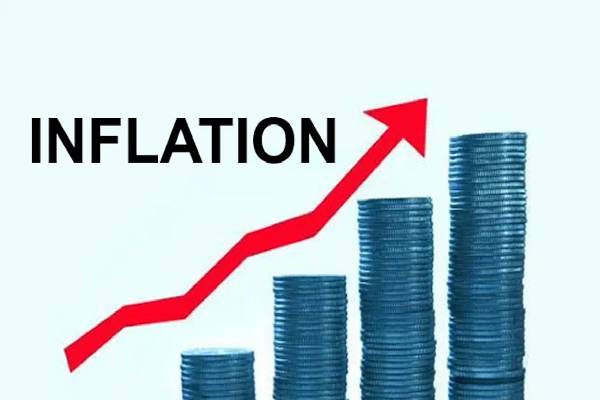A report by the Financial Derivative Company has projected Nigeria’s inflation to rise to 28.7 per cent in December.
The report stated that the figure, which would be a record high on the country’s inflation figure would be correct subject to the margin of error between -0.5 per cent to +0.5 per cent.
“This means that inflation in Nigeria will be at a record high. In view of the fact that global and regional inflation has slowed and, in many cases, falling, Nigeria is fast becoming an outlier.
“More importantly, most analysts are questioning the veracity of the inflation data. The answer to this question is not far-fetched because imported inflation has two components, the first is the nominal prices of commodities in the global markets, and the other is the exchange rate effect on domestic prices. The naira fell by 38.84 per cent in 2023; according to Bloomberg, it is now the 3rd worst-performing currency in the world.”
It stated that month-on-month inflation would see a marginal increase of 2.11 per cent.
It stated that monthly inflation is a more accurate measure of current inflation than annual inflation as it gives the current situation in the market more than historical inflation.
“We are projecting that month-on-month inflation will rise to 2.11 per cent (annualised at 28.52 per cent) from 2.09 per cent (annualised at 28.19 per cent) in November as cost pressures persist. It implies that the pace of increase in the average price level surpassed the rate observed in October 2023.”
It went further that food inflation would remain elevated due to the planting season. “Food inflation has been a major driver of inflation in Nigeria. Based on our model, it is projected to rise by 0.36 per cent to 33.20 per cent in December from 32.84 per cent in November.”
“Notably, commodity prices moved in different directions in December. While the prices of festive-related commodities like rice (17.14 per cent), egg (15.38 per cent), and turkey (10 per cent) increased significantly, the price of onions (64 per cent), tomatoes (47 per cent), yam (20 per cent), and pepper (16 per cent) declined sharply due to the seasonal demand (festivities).”
It added that core inflation (inflation less seasonality) is projected to decline by 0.07 per cent to 22.21 per cent from 22.38 per cent in November, noting that the marginal decline is partly due to appreciation in the value of the currency (especially towards the end of December).

 Join Daily Trust WhatsApp Community For Quick Access To News and Happenings Around You.
Join Daily Trust WhatsApp Community For Quick Access To News and Happenings Around You.


